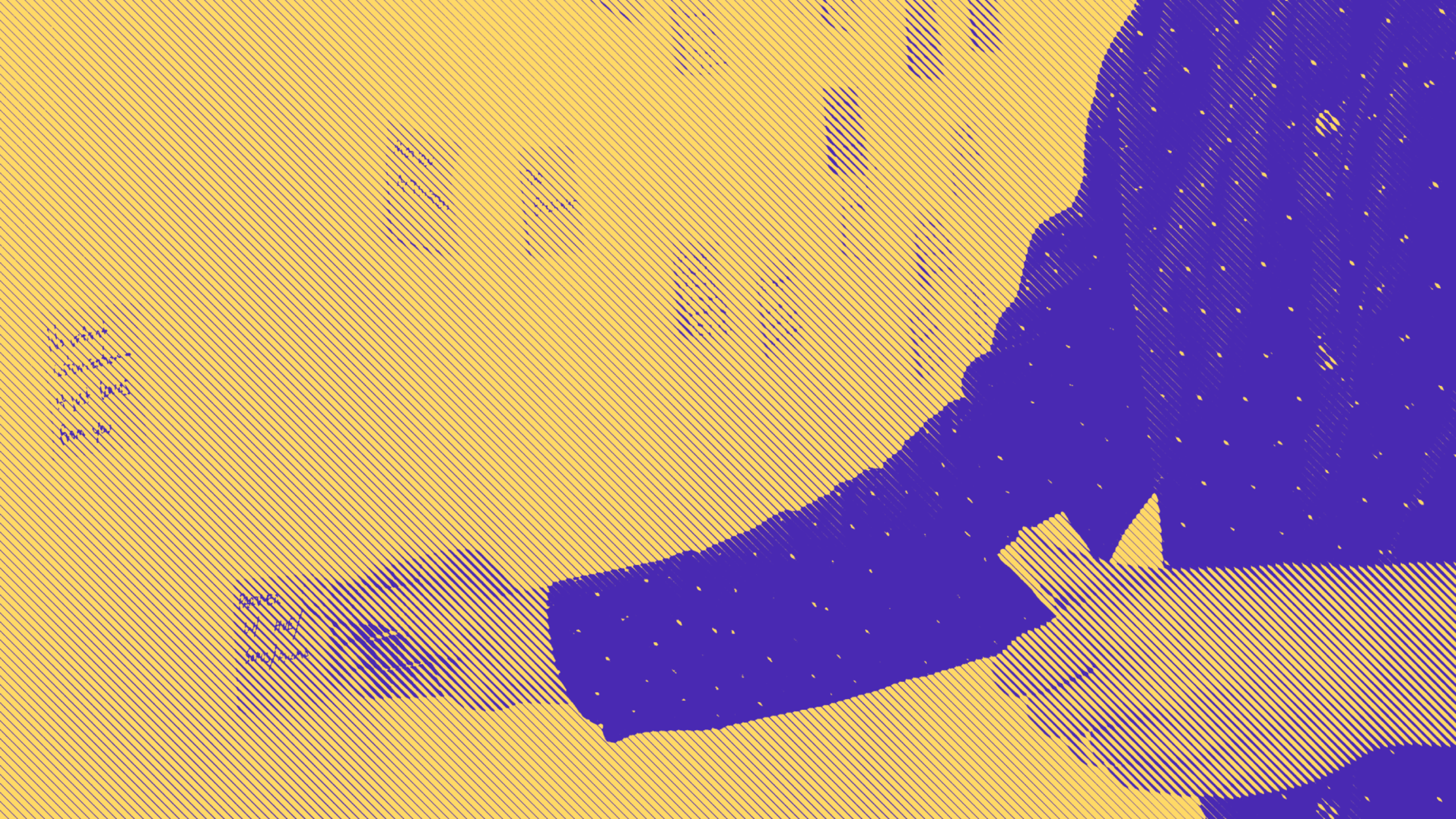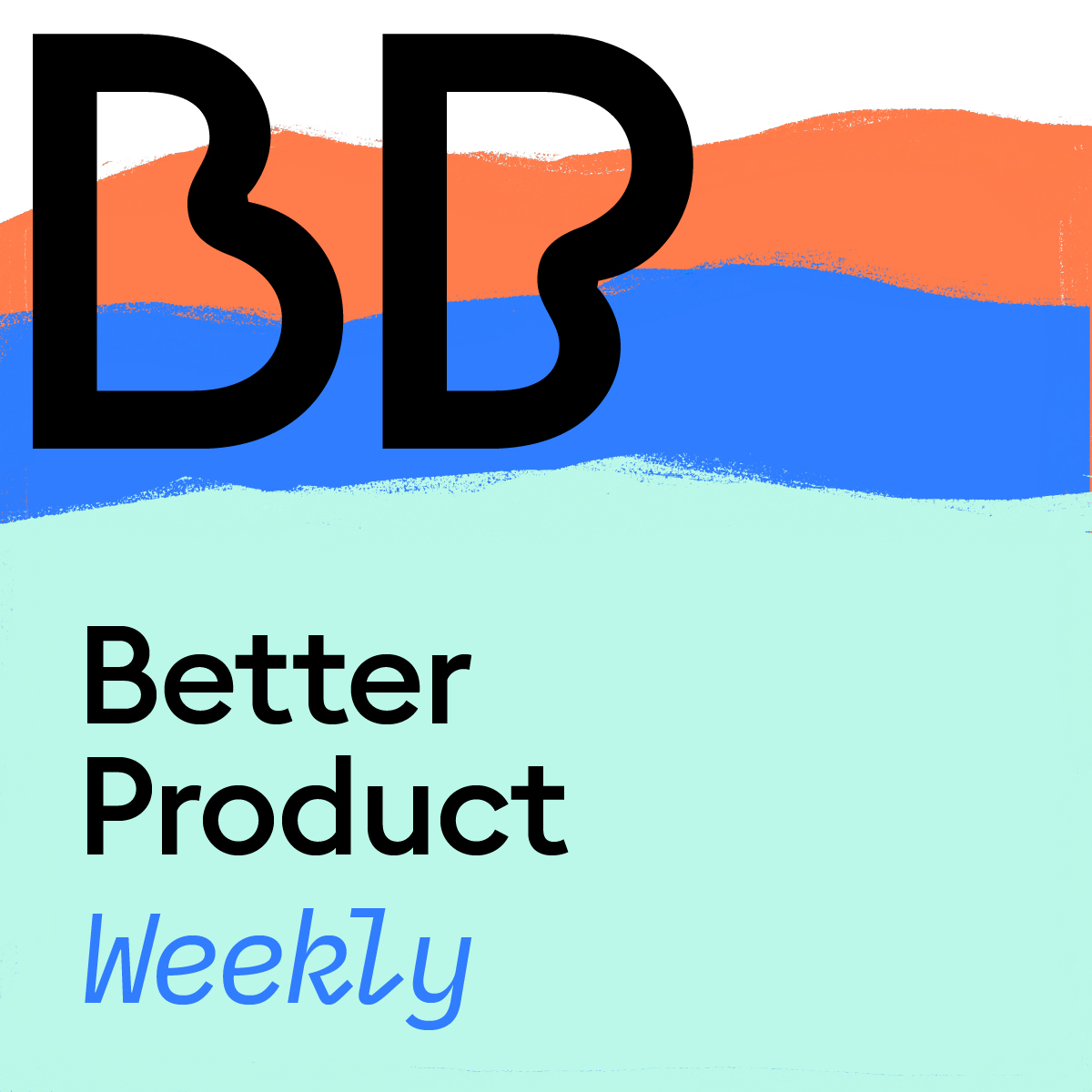How to Define the First Version of Your Digital Product


What happens when the extended free trial runs out? Do you upsell or convert to paid? Is now the right time to push for the conversion?
In this Better Product Weekly, Anna and Christian are discussing the ‘peak week’ concerns many product leaders have with Kirsten Moorefield, Co-founder and Chief Operating Officer of Cloverleaf.
The key points of discussion include how product companies are adapting development roadmaps, marketing messaging, and overall company forecasts.
We’re curious to know, what opportunities for your product exist now that didn’t? How are you reacting?
Join the community to discuss: https://betterproduct.community/